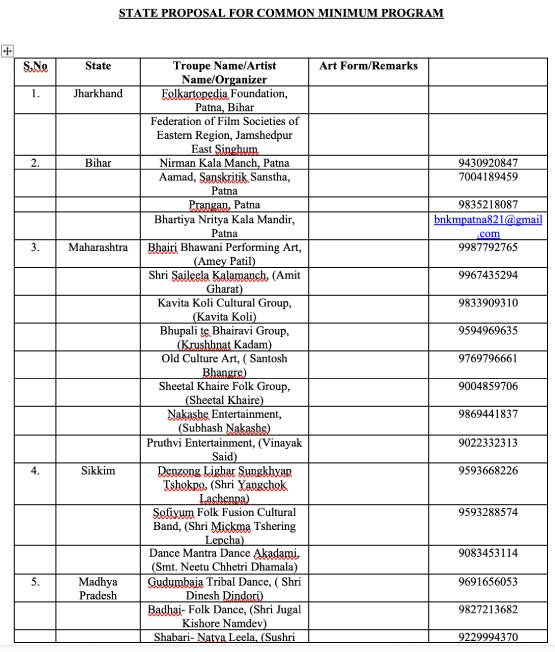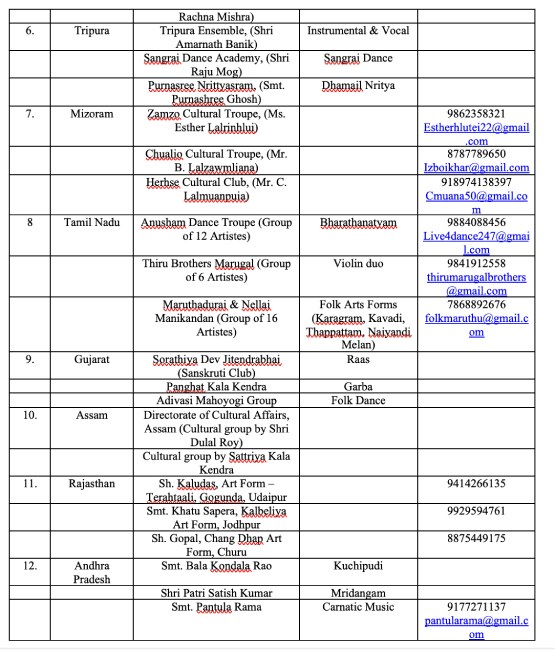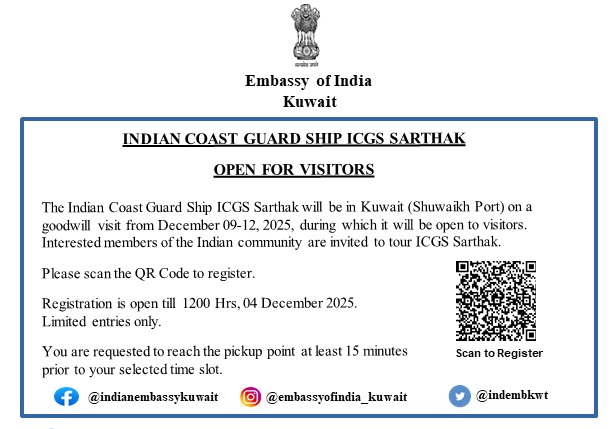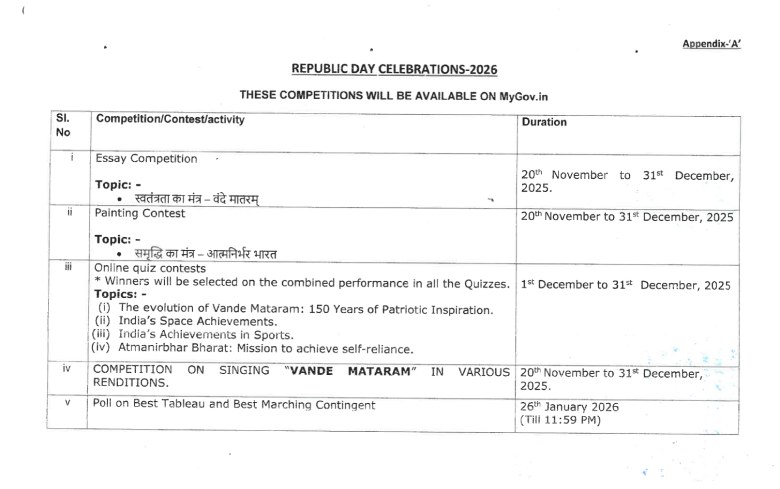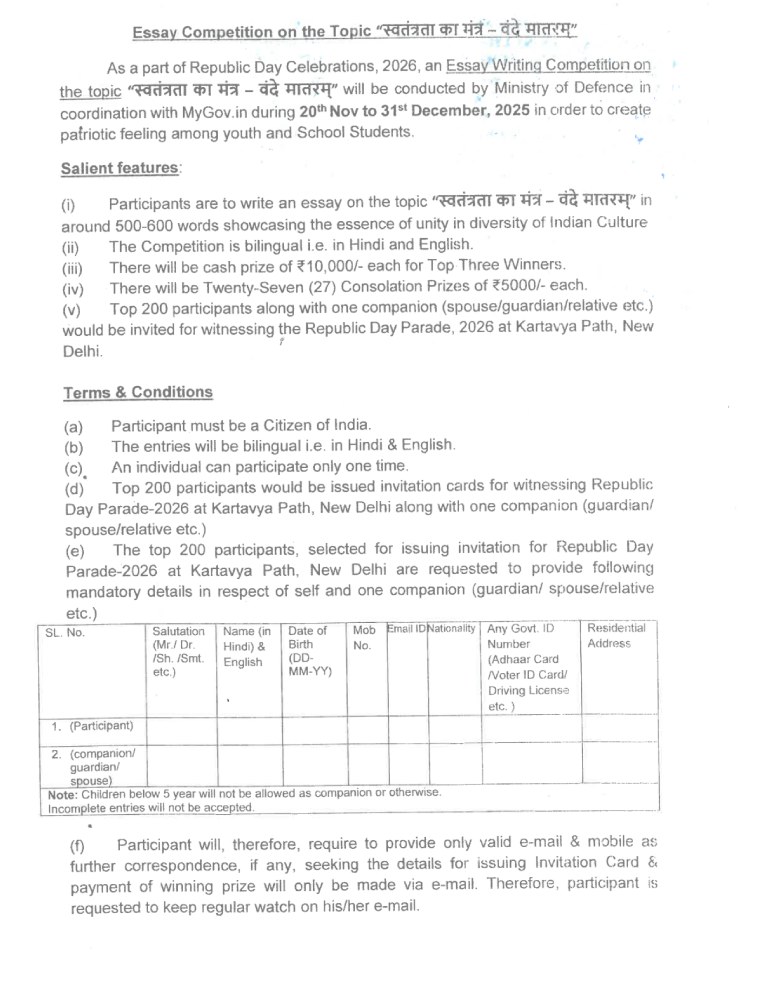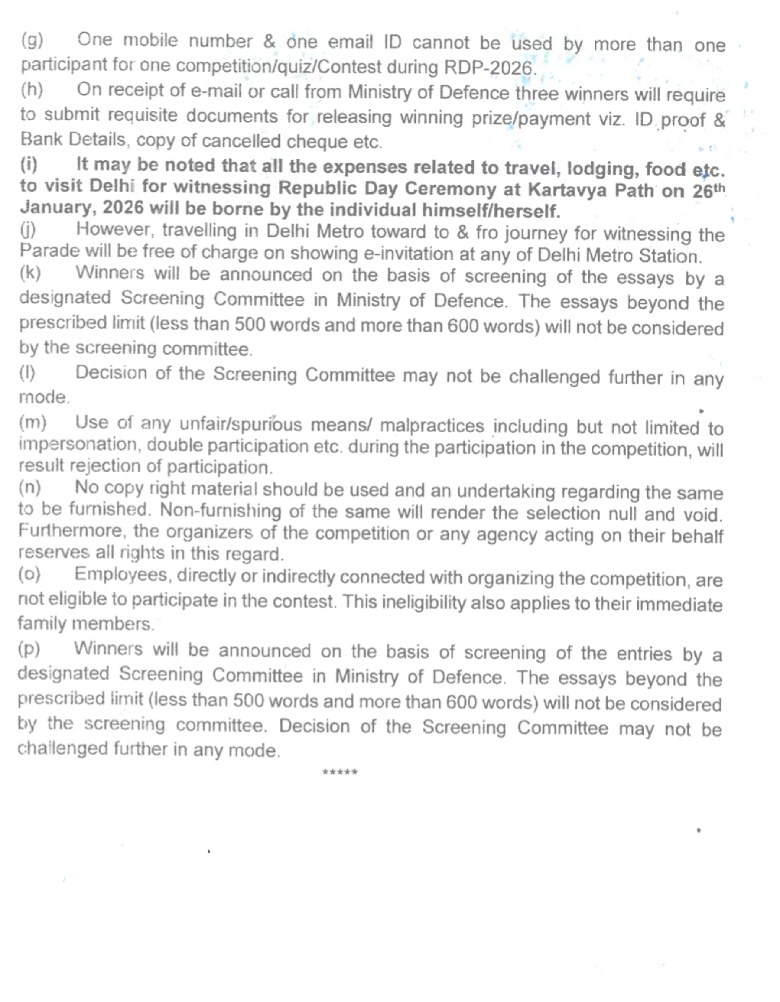First Deputy Prime Minister and Minister of Interior Sheikh Fahad Yousef Al-Sabah has issued Ministerial Resolution No. 2249 of 2025, detailing the Executive Regulations of the Law on the Residence of Foreigners.
The resolution represents a comprehensive framework aimed at streamlining entry, residency, and employment procedures for foreign nationals while maintaining compliance with Kuwait’s legal and regulatory standards.
The resolution, which consists of 41 articles, will take effect one month after its publication in the official gazette and will set out clear procedures for entry, exit, and residency for foreign nationals in Kuwait.
Entry and Exit: Under the new regulations, a foreigner may not enter or leave Kuwait without a valid passport or equivalent travel document issued by their home country or a recognized authority, which must be presented at the port of entry, which includes Kuwait International Airport, Al-Abdali, Al-Salmi, Al-Nuwaiseeb, North and South Ahmadi Ports, Shuaiba, Shuwaikh, Al-Zour, Doha, the Fourth Refinery Port, and Umm Al-Maradim.
Foreigners must hold a valid entry visa issued by the General Directorate of Residency Affairs, or by a competent Kuwaiti authority abroad. Nationals of countries granted exemptions through ministerial decrees, based on reciprocity, may enter without a visa.
The regulations define multiple types of entry visas for residency. These include visas for government and private sector employment, domestic workers aged 21 to 60, commercial or industrial activity, joining family members, study, foreign investment, temporary government contracts, and temporary work in the oil sector.
Each visa category specifies eligibility conditions and the competent authority responsible for issuance. Exceptions to certain conditions may be granted by the relevant minister in accordance with existing laws.
Conditions and Fees: The new regulations set detailed conditions and fees for entry visas, visit permits, and residency in Kuwait. Article 39 of the regulation outlines the fees for various types of visas and associated services provided by the General Directorate of Residence Affairs.
A uniform fee of KD10 per month applies to a broad spectrum of entry visas, including work visas for the government and private sectors, domestic workers, business and industrial activities, family reunification, student visas, foreign investors, temporary government contracts, and temporary work in the oil sector.
The same monthly fee also applies to different types of visit visas, ranging from government, business, family, and private visits to medical, multiple-entry, tourist, and cultural or sports-related visits. Fees for passage, transport vehicle drivers, and emergency entry visas are similarly set at KD10 per month.
Residence permits carry varied fees depending on the category. Government and private sector workers, as well as foreign students and previously illegal residents who have regularized their status, are required to pay KD20 annually.
Domestic workers and foreign widows or divorcees with children pay KD10, while foreign business partners, investors, and property owners are charged KD50 per year. Individuals sponsoring themselves face a higher fee of KD500 per year.
Family reunification fees also vary according to the relationship and category. Spouses and children of government or private sector workers and students are charged KD20, while in the case of spouses and children of foreign business partners, property owners, and religious figures, the fee rises to KD40
Residents who sponsor themselves are subject to KD100, while family reunification for relatives beyond spouses and children carries a fee of 300 dinars. Special considerations are made for children of Kuwaiti citizens acquired through maternal naturalization, spouses of citizens, and foreign children of Kuwaiti nationals.
Temporary stay, departure notices, and visit extensions carry additional fees, ranging from five to ten dinars per month depending on the category. Several categories are exempted from certain fees, including spouses of citizens, parents of Kuwaiti children, and domestic workers sponsored by Kuwaiti families.
The executive regulations aim to standardize the residency and visa process, ensuring clarity, efficiency, and fairness in line with Kuwait’s broader immigration policies. The new system is expected to streamline procedures for foreigners while maintaining regulatory compliance across all sectors.
Minimum salary requirement: Under Article 22, an expatriate who wants to bring his family to stay with him in Kuwait must have a minimum monthly salary of KD800. The salary is assessed based on the profession tied to the individual’s residency permit. However, the Director General of the General Department of Residence Affairs may grant exceptions for applicants already in Kuwait, children under five born abroad to resident parents, or those born within the country.
Nine professional categories are exempt from this salary requirement, provided their job aligns with their academic qualifications. These include legal researchers in the government sector; university and higher-education faculty; teachers, mentors, social workers and psychologists in the public sector; engineers; mosque imams, preachers, muezzins and Quran memorizers; employees of the Ministry of Health and military authorities, including pharmacists, nurses, paramedics and other medical technicians; journalists and correspondents with international news agencies; government-affiliated sports players and coaches; and workers responsible for preparing and burying the deceased.
Deportation: The regulations also outline circumstances for administrative deportation. Article 38 permits deportation even with valid residency if the foreigner has no lawful income, works for another employer without official authorization, or if the Interior Minister deems deportation necessary for public interest, security or morals. Deportation may also occur upon conviction for felonies, crimes of dishonesty, or in cases involving multiple criminal judgments within a five-year period.
Visit visa conversion to residence permit: Article 16 of the new regulations clarifies the circumstances under which a visit visa may be converted into a regular residence permit. The measure aims to facilitate legal residency for certain categories of visitors while ensuring compliance with the country’s immigration policies, This move is expected to streamline residency procedures for eligible visitors, ensuring smoother integration into Kuwait’s workforce and society.
The five cases in which a visit visa can be converted include:
- Government Visitors: Individuals who arrive on a government visit visa to work with state ministries, public bodies, or public institutions may convert their visa, provided they hold a university degree or possess technical qualifications. Approval must be granted by the Director-General of the General Administration of Residence Affairs.
- Domestic Workers: Domestic workers and those in similar employment categories are eligible to convert their visit visas into residence permits.
- Family or Tourist Visits: Individuals who arrived on a family visit or tourist visa may obtain residency to join family members legally residing in Kuwait.
- Work Entry Visa Holders Abroad: People who entered Kuwait under a work entry visa and started the residency process but had to leave the country temporarily for no more than one month may convert their visa upon return.
Additional cases may be considered at the discretion of the Director General of the General Administration of Residence Affairs.
The regulations allow visit visas to be extended for up to three months at a time, not exceeding a total of one year. Renewal applications must be submitted before expiry, and visitors are required to leave the country once their visa lapses unless an extension is granted.
Long-term visas: Article 7 sets out conditions for long-term residency permits. Ordinary residency may be issued for up to five years. A ten-year residency may be granted to foreign children of Kuwaiti citizens, expatriates who own property in Kuwait, and other categories determined by the Interior Minister. Foreign investors governed by Law No. 116 of 2013 may receive residency for up to fifteen years subject to Cabinet guidelines.
Miscellaneous regulations: All residency permits require valid health insurance, and the period granted cannot exceed the duration of the insurance policy.
The Executive Regulations also clarify that residency duration is not tied to passport validity. Applicants must ensure their passport is valid for at least six months at the time of application, and residency ends when its purpose ends, even if its official term has not yet expired. Residency may be transferred between employers or changed from one category to another according to established procedures.
Parents of newborns in Kuwait have four months from the date of birth to present a passport or travel document to the Residence Affairs Department in order to obtain residency for the child or arrange for departure.
Number of domestic workers: The regulations further define the number of domestic workers allowed per household. Families of six members or fewer may employ up to three domestic workers. Those with more than six members may hire four, and families exceeding nine members may employ up to five. Additional workers may be approved for households with family members with disabilities, upon submission of official documentation.
For specific categories listed in earlier articles, the limit is two domestic workers. In all cases, the Director General retains the authority to approve additional hires based on family size, age distribution, housing type, income and other relevant considerations.
These comprehensive new regulations reflect Kuwait’s efforts to modernize its residency system, ensure transparency, and support demographic stability while preserving humanitarian and social considerations.





 The DP World ILT20 has rapidly emerged as one of the world’s premier franchise cricket tournaments, attracting top-tier international talent and providing a high-profile platform for emerging regional players. The league, held annually in the United Arab Emirates, features six dynamic franchises: Abu Dhabi Knight Riders, Desert Vipers, Dubai Capitals, Gulf Giants, MI Emirates, and Sharjah Warriors.
The DP World ILT20 has rapidly emerged as one of the world’s premier franchise cricket tournaments, attracting top-tier international talent and providing a high-profile platform for emerging regional players. The league, held annually in the United Arab Emirates, features six dynamic franchises: Abu Dhabi Knight Riders, Desert Vipers, Dubai Capitals, Gulf Giants, MI Emirates, and Sharjah Warriors.






